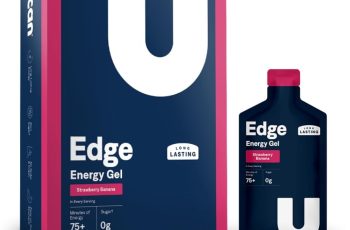Hangovers are terrible.
If you’re a drinker, you’ve undoubtedly had nights that went too late, and mornings that came too early.
Hangovers often present themselves in the form of a headache, feeling sick to your stomach, dizzy, sleepy, confused and thirsty.
To treat your ailments, it’s important to understand the cause of your symptoms.
Hangovers can be caused by a number of things including; drinking too much, dehydration, mixing alcohols, etc.
So, what remedies do you turn to for relief after a night out on the town?
Of course, there are standard treatments that include rehydrating with water, sleep, and pain relief pills such as Tylenol. BUT – according to a new study, hair of the dog really could do the trick.
Over the course of 18 studies, researchers from the University of Greenwich found that consuming two pints of beer can cut discomfort by a quarter.
Their findings suggest that by elevating your blood alcohol content to approximately 0.08 percent, you give your body “a small elevation of pain threshold” and thus a “moderate to a large reduction in pain intensity ratings”.
Researchers explained, “Findings suggest that alcohol is an effective analgesic that delivers clinically-relevant reductions in ratings of pain intensity, which could explain alcohol misuse in those with persistent pain, despite its potential consequences for long-term health.”
In an interview with The Sun, Dr Trevor Thompson of London’s Greenwich University stated, “[Alcohol] can be compared to opioid drugs such as codeine and the effect is more powerful than paracetamol. If we can make a drug without the harmful side-effects, then we could have something that is potentially better than what is out there at the moment.”
While alcohol has been shown to lessen pain, it’s not clear whether it’s because it affects brain receptors or simply because it lowers anxiety, thus making us think the pain isn’t as bad.
Medical professionals are quick to make clear that these findings do not mean that drinking alcohol is good for you. “Drinking too much will cause you more problems in the long run. It’s better to see your GP (General Practitioner),” said Rosanna O’Connor, Director of Alcohol and Drugs at Public Health England.
Next time you find yourself struggling with a hangover….. BOTTOMS UP!
If you found this article helpful, please share with friends and family by clicking the button below!




